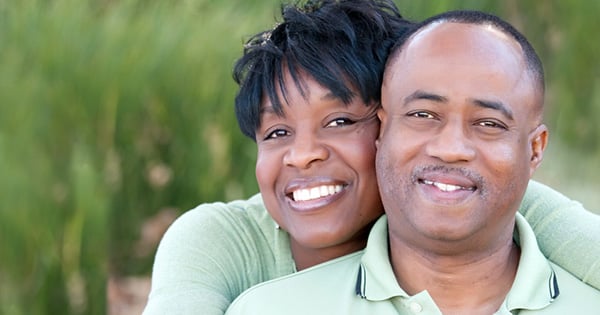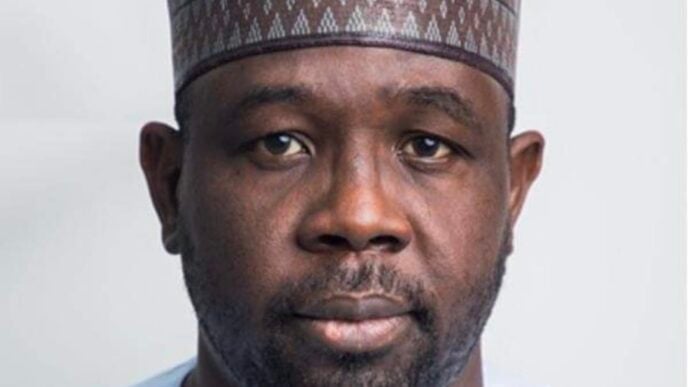BY SYLVESTER OJENAGBON
Not everyone lives long enough to experience the manifestations or signs of ageing. If you live long enough, you are sure to experience a gradual decline in the body’s ability to maintain its functions and repair damage, and this decline involves various cellular and molecular changes that affect all organ systems. However, ageing does not automatically equate to deterioration—lifestyle interventions can significantly affect its trajectory and pace.
While chronological age is a standard measure, biological age is considered a more accurate indicator of a person’s ageing process. A key aspect of biological ageing is that people with the same chronological age can age at different rates, and various organ systems within the same person can age at different rates. Sadly, drug abuse or substance misuse can cause accelerated ageing within people’s bodies in ways they might not immediately see but will definitely feel over time.
Generally considered an irreversible process, ageing involves multiple biological systems and pathways and is not a single disease with a defined cause. It is often regarded as the progressive physical changes that occur in an organism over time. As the body ages, it becomes more vulnerable to several illnesses and age-related diseases, while the body’s ability to cope with internal and external stressors equally diminishes.
Advertisement
Some of the common signs of ageing include visible physical changes, such as wrinkles, fine lines, age spots, thinning, dryness, and loss of elasticity. Hair may turn grey or white, become thinner, and may fall out faster; muscle mass and strength tend to decrease, and body fat may increase. Bones can also lose density and become more brittle, and joints may become stiffer and more prone to pain due to cartilage breakdown. Age-related farsightedness and hearing loss are equally common, often requiring corrective lenses or hearing aids.
Other common signs include internal changes. Nerve signals may slow down, affecting reaction time and cognitive function (memory, processing speed); smell and taste sensitivity may decrease; blood vessels may stiffen; and the heart may need to work harder to pump blood. Changes in digestion can lead to constipation or other digestive issues, while kidney function can equally decline, and urinary incontinence may become more common. Although some age-related decline in cognitive function is normal, severe memory loss or cognitive decline should be evaluated by a doctor or medical professional.
It is important to note that early signs of ageing may start showing in the 20s and 30s, become more noticeable in the 40s and 50s, and continue to progress in the 60s and beyond. In addition, there are noticeable differences in how men and women age, both biologically and in terms of their experiences of ageing. While women tend to live longer than men, men may experience age-related changes at a slower pace initially, although this can vary. Women’s ageing is often characterised by hormonal changes like menopause, whereas men may experience a decline in testosterone levels, affecting muscle mass and libido.
Advertisement
The good thing is that ageing, while often associated with decline, also largely brings about numerous benefits. Older adults have a wealth of life experiences and accumulated knowledge that can be invaluable in guiding others and making sound decisions. And many find a greater sense of inner peace and contentment with age, along with improved emotional regulation and resilience.
Also, older adults often have a stronger desire for connection and the ability to create meaningful relationships, and this can help combat loneliness and isolation. In addition, older adults can contribute their time and talents through volunteering and civic participation, thus fostering a sense of purpose and belonging. Older adults can equally play a vital role in mentoring younger generations, sharing their wisdom and experiences to help them navigate life’s challenges.
Although physical decline is a natural part of ageing, many older adults maintain good health and even experience a reduction in certain conditions like migraines and allergies. And ageing in a place surrounded by familiar comforts and memories can enhance a sense of independence and well-being.
Now, making the best of ageing involves embracing a positive and proactive approach to your physical and mental well-being. This involves prioritising your physical health by focusing on a balanced diet rich in fruits, vegetables, whole grains, and lean protein. It also involves incorporating both cardiovascular exercise and strength training to maintain mobility, bone health, and overall fitness, and aiming for quality sleep to support physical and mental restoration.
Advertisement
You can equally make the most of ageing by finding healthy ways to manage stress. This will include spending time in nature and scheduling routine check-ups with your doctor to monitor your health and address any potential concerns early. You also need to deliberately and consistently challenge your mind by learning new things and staying intellectually active.
Maintaining strong social connections with friends and family is similarly essential, as social interaction is vital for mental and emotional well-being. Also, cultivating a positive outlook on life, focusing on gratitude and the positive aspects of ageing, as well as engaging in activities that bring you joy and purpose, whether it is painting, gardening, or joining a club, are quite helpful.
Furthermore, coming to terms with the physical changes that come with ageing, focusing on your inner strength and wisdom, being open to new experiences, and adapting to the changing circumstances of life are essential. Equally important are discovering or rediscovering your sense of purpose and continuing to contribute to the world around you.
By embracing a positive and proactive approach to ageing, you can enhance your quality of life, maintain your independence, and enjoy a fulfilling later life. After all, it is a privilege to be alive at this point. Having doggedly weathered the many storms of life, you deserve to enjoy the ageing process and the rest of your life.
Advertisement
Ojenagbon, a health communication expert and certified management trainer and consultant, lives in Lagos.
Advertisement
Views expressed by contributors are strictly personal and not of TheCable.








